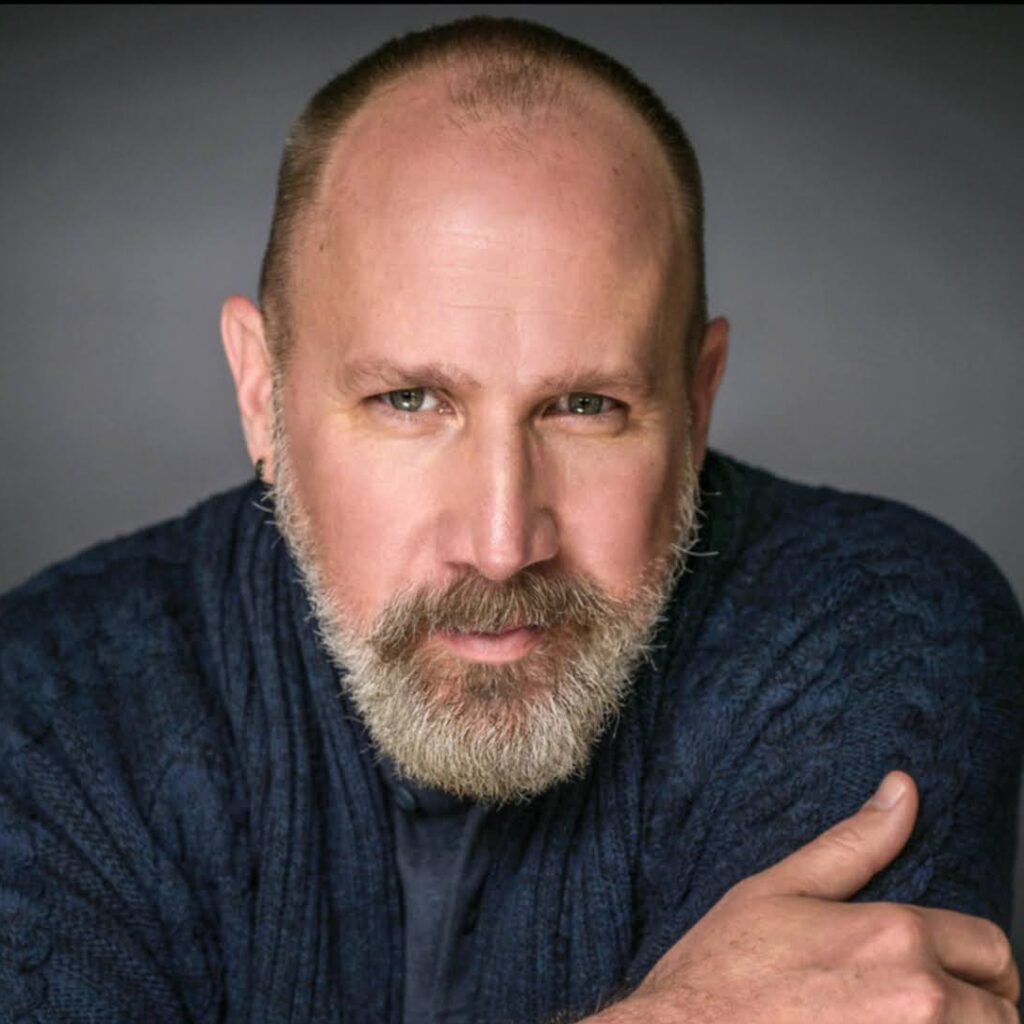
Kevin Varner
LCMHC
Call or Text: 984-789-3173, RALEIGH & WAKE FOREST
Teen, Adults, Couples, Anxiety, Depression, Trauma, LGBTQ+, ADHD, Grief & Adjustment Issues
Effective depression treatment plans tailored to support your mental health and guide you on the path to recovery.
Depression can feel isolating and overwhelming, but there is hope for healing.
At Wake Counseling, we offer compassionate and personalized treatment to help you navigate through the darkness of depression. Our experienced therapists, guided by standards set by the American Psychiatric Association, work with you to understand your unique challenges and develop a tailored approach to ease depression symptoms.
Depression affects men and women differently, and our team is equipped to address the distinct needs of each individual person. Whether you’re dealing with feelings of low self-esteem, anxiety, difficulty managing relationships, or the challenges of everyday life, we provide resources and self-help strategies to empower you on your journey.
In the United States, millions of individuals experience depression, but with the right support, it’s possible to regain joy, purpose, and balance in your life. Take the first step toward healing by reaching out for professional treatment for depression today.
Melanie, 35, was once thriving in her professional life and had a loving family, yet she began to feel an emptiness she couldn’t explain. She became increasingly withdrawn, irritable, and lost interest in activities she once enjoyed. This gradual shift affected her mood, her relationships, and her physical health, as she stopped exercising and turned to unhealthy coping mechanisms like drinking.
If any of this resonates with you, it might be time to seek support and have your depression treated by a professional depression therapist in North Carolina.
Depression can often sneak up gradually, making it hard to identify the symptoms until they begin to impact your daily life. Many individuals, like Melanie, may not even realize they are experiencing depression until it begins to affect their relationships, work, and overall well-being. Understanding the signs and seeking help can make all the difference in reclaiming your life.
In therapy, Melanie discovered that her depression stemmed from unresolved grief and overwhelming life changes. Through counseling, she was able to process her emotions, develop healthier coping strategies, and find balance between her personal and professional life. A skilled therapist can treat depression by guiding you to uncover the root causes of your depression and provide the tools you need to regain control and move forward.
Women may experience depression differently than men, with unique signs and symptoms that include:
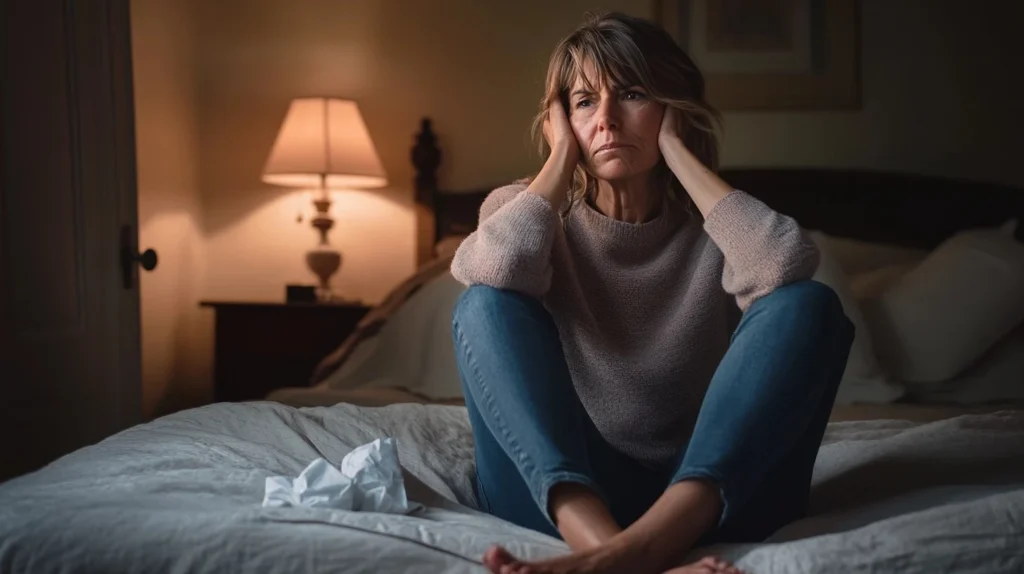
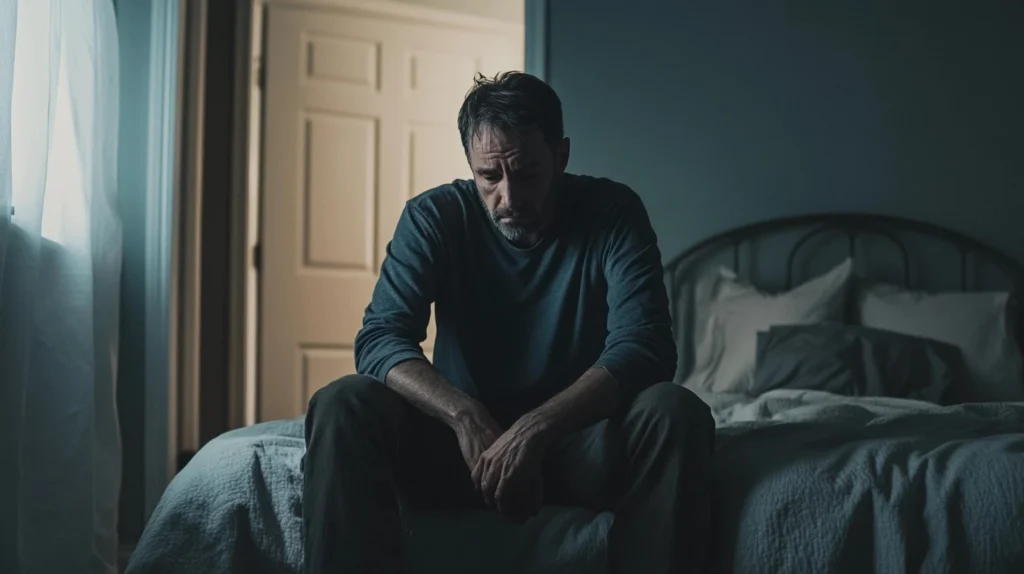
Depression in men can manifest differently, often with signs that may not immediately appear emotional:
Depression can be difficult to explain to others, and loved ones may not fully understand the changes you’re experiencing. It’s common to feel disconnected, overwhelmed, and even question your self-worth. However, you are not alone. Many people experience depression, and with the right support, you can get your depression diagnosed, treated, and find your way out of the darkness.
If you are experiencing any of these symptoms, seeking professional counseling for depression can help manage your depressive symptoms and guide you toward recovery.
Depression is more than just feeling sad; it’s a complex mental health condition that can impact every aspect of your life.
Understanding the different types of depression is key to finding the right depression treatments. At Wake Counseling, we are committed to helping people with depression identify the specific challenges they face while providing the support needed to relieve symptoms, heal, and live a full and productive life.
Major Depressive Disorder, also known as clinical depression, is a serious mental health condition that affects how you feel, think, and handle daily activities.
Major depression is characterized by prolonged periods of deep sadness, loss of interest in daily activities, and persistent feelings of hopelessness. This type of depressed mood can interfere with work, relationships, and overall well-being, making professional depression treatment essential for recovery.
MDD often requires a comprehensive depression treatment plan, including talk therapy, antidepressant medication, and other treatments for mental disorders associated with depression to help manage symptoms and regain a sense of purpose.
Persistent Depressive Disorder, also known as dysthymia, is a long-term form of depression where symptoms may be less severe but linger for two years or more. People with this type of depression often feel a constant low mood or lack of energy, making it hard to enjoy life or feel motivated.
Seasonal Affective Disorder typically occurs during the fall and winter months when there is less sunlight. Individuals with SAD may experience mood swings, fatigue, and increased irritability, with symptoms lifting as the seasons change. With clinical support, patients can overcome the symptoms of seasonal depression with customized treatment options.
Postpartum Depression affects new mothers after childbirth and is characterized by feelings of extreme sadness, anxiety, or exhaustion. Unlike typical “baby blues,” this type of depression can interfere with a mother’s ability to care for herself and her baby, requiring professional support to manage severe symptoms.
Bipolar Disorder is a mood disorder that involves episodes of both depression and mania, where individuals experience extreme highs followed by periods of deep depression. These mood swings can be disruptive and require a combination of therapy treatment for depression and alternative treatments like antidepressant medications to help manage the condition.
Situational Depression occurs in response to a specific life event, such as the loss of a loved one, divorce, or a major life change. While temporary, the emotional impact can be overwhelming, and depression therapy can help individuals process their emotions and regain balance.
Atypical Depression is a subtype of major depression where individuals may temporarily feel better in response to positive events, but still experience overwhelming sadness, fatigue, and sensitivity to rejection. This type can be challenging to identify, but therapy and medications can help alleviate symptoms.
Disruptive Mood Dysregulation Disorder (DMDD) is a condition typically diagnosed in children and adolescents, characterized by chronic and severe irritability, and frequent, intense temper outbursts. These emotional outbursts are often out of proportion to the situation and can significantly impact a child’s ability to function at home, school, and in social settings.
Treatment for DMDD often involves a combination of talk therapy and behavioral interventions to help children regulate their emotions and improve their coping skills.
Anxiety disorders often coexist with depressive disorders, creating a cycle of worry, fear, and hopelessness. Persistent feelings of unease, tension, and difficulty concentrating can exacerbate depressive symptoms, making it challenging to manage daily tasks. Addressing both medical conditions together is essential for effective treatment, as the overlap can intensify emotional and physical symptoms.
Premenstrual Dysphoric Disorder (PMDD) is a severe form of premenstrual syndrome that causes significant emotional and physical distress, often overlapping with symptoms of depression. Mood swings, irritability, and feelings of sadness are common during PMDD episodes, which can worsen existing depressive disorders. Understanding and managing PMDD is crucial for improving mental health and achieving balance.
Substance use disorder is closely linked to depression, as individuals may turn to drugs or alcohol to cope with their emotional pain. This can create a harmful cycle where substance use worsens depressive symptoms and impairs emotional regulation. Treating substance use disorder alongside depression is vital to breaking this cycle and promoting long-term recovery.
Whether you are suffering some mild or moderate depression or you are seeking strategies to cope with severe depression, the right combination of therapies and support from a mental health professional can provide the support you need.
At Wake Counseling, we offer a range of evidence-based treatment methods to help individuals manage and overcome depression. Below are some common forms of treatment and how they can help you on your path to recovery.
Talk therapy, also known as psychotherapy, is a highly effective treatment option for depression. It involves working with a trained mental health professional to explore and understand the thoughts, emotions, and behaviors that contribute to your depression. Through open dialogue, you can uncover underlying issues, develop healthier coping strategies, and gain valuable insights into your mental health.
Talk therapy provides a safe, supportive environment where you can work through challenges, build resilience, and take positive steps toward healing and recovery.
Cognitive Behavioral Therapy (CBT) is a widely used method for treating depression. It focuses on identifying and changing negative thought patterns and behaviors that contribute to feelings of sadness and hopelessness. By challenging these thoughts and learning healthier coping mechanisms, individuals can reduce the intensity of their depressive symptoms and regain control of their emotional well-being.
Interpersonal Therapy (IPT) helps individuals address issues in their relationships that may be contributing to depression. By improving communication skills, resolving conflicts, and building stronger interpersonal connections, this therapy can reduce feelings of isolation and help individuals manage the social aspects of depression more effectively.
Psychodynamic Therapy focuses on understanding how unconscious emotions and past experiences influence current behavior and mood. By exploring unresolved conflicts and emotional pain, individuals can gain insight into the root causes of their depression. This self-awareness can lead to long-term emotional healing and improved mental health.
In some cases, depression is linked to chemical imbalances in the brain that may require medication to correct. Antidepressants, such as selective serotonin reuptake inhibitors (SSRIs), can help alleviate symptoms by stabilizing mood and regulating brain chemistry. A mental health professional can work with you to determine if medication is necessary and ensure it is part of a well-rounded depression treatment plan.
Group Therapy provides individuals with the opportunity to share their experiences and feelings with others who are also struggling with depression. This support network can help reduce feelings of isolation and provide encouragement, while also offering practical coping strategies shared by peers under the guidance of a therapist.
Mental health professionals often recommend lifestyle changes, such as improved diet, regular exercise, and better sleep hygiene, as part of a comprehensive treatment plan to prevent depression. These changes support both mental and physical well-being, helping to boost mood and reduce symptoms of depression. A depression therapist can provide guidance and accountability to help individuals make and maintain these healthy changes.
Depression can feel like an isolating experience, but with the support of a mental health professional, relief is possible.
Many people find comfort in finally having a place where someone truly understands them and can guide them through this difficult time. Therapy offers a safe, confidential space to explore your feelings and start the healing process, with treatment plans tailored to your needs.
Therapy is a confidential space where you can openly discuss your feelings and concerns without judgment. Your treatment and discussions with your therapist remain private, unless you choose to involve a family member or physician. If you are using health insurance, only the necessary diagnostic information will be shared with your provider to ensure coverage. If you prefer complete confidentiality, you also have the option to pay privately, ensuring your information remains undisclosed.


For mild to moderate depression, psychological treatments with a therapist may be sufficient without the need for medication. Therapists are trained to address these levels of depression using psychotherapy alone. However, if your symptoms are more severe, your therapist may suggest consulting with a psychiatrist or primary care doctor.
This open and honest dialogue ensures you receive the most effective treatment plan, whether that involves therapy, medication, or a combination of both.
For some individuals with severe depression, symptoms can be managed effectively without medication. However, others may benefit from a combination of medication and therapy, especially if symptoms are moderate to severe.
Medication, such as antidepressants, can help stabilize your mood while therapy equips you with healthier coping mechanisms. Your therapist will work closely with you and your psychiatrist or physician to monitor progress and adjust treatment as needed to ensure the best possible outcome.

At Wake Counseling, our compassionate therapists are here to assist adults struggling with depression or mood-related challenges. Don’t wait to seek help—contact us today to connect with a certified and experienced depression therapist.
Call or text us at 919-647-4600 or email us at Info@WakeCounseling.com to schedule your appointment and begin your journey toward healing.

Call or Text: 984-789-3173, RALEIGH & WAKE FOREST
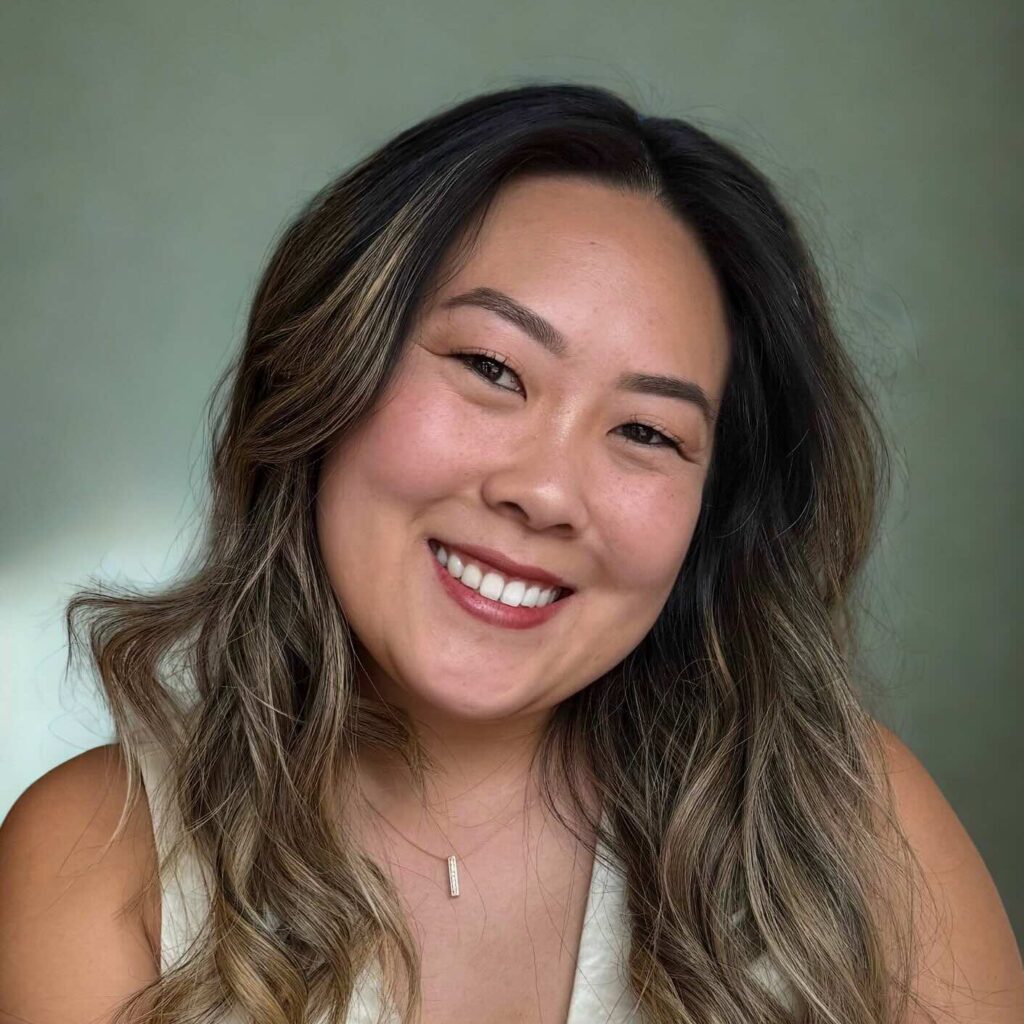
Call or Text: 984-333-5936, RALEIGH & MORRISVILLE

Call or Text: 919-647-4600, RALEIGH & WAKE FOREST
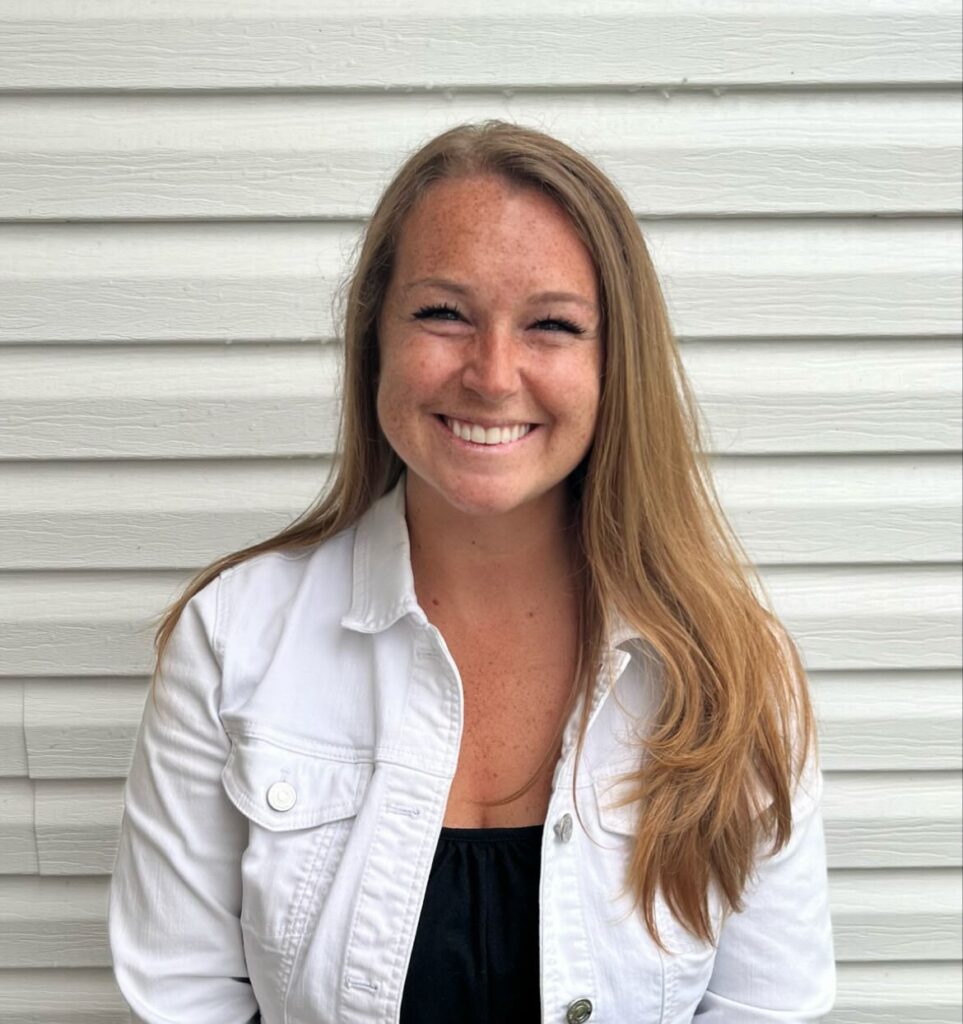
Call or Text: 919-647-4600, HOLLY SPRINGS

Call or Text: 984-205-4534, RALEIGH NC
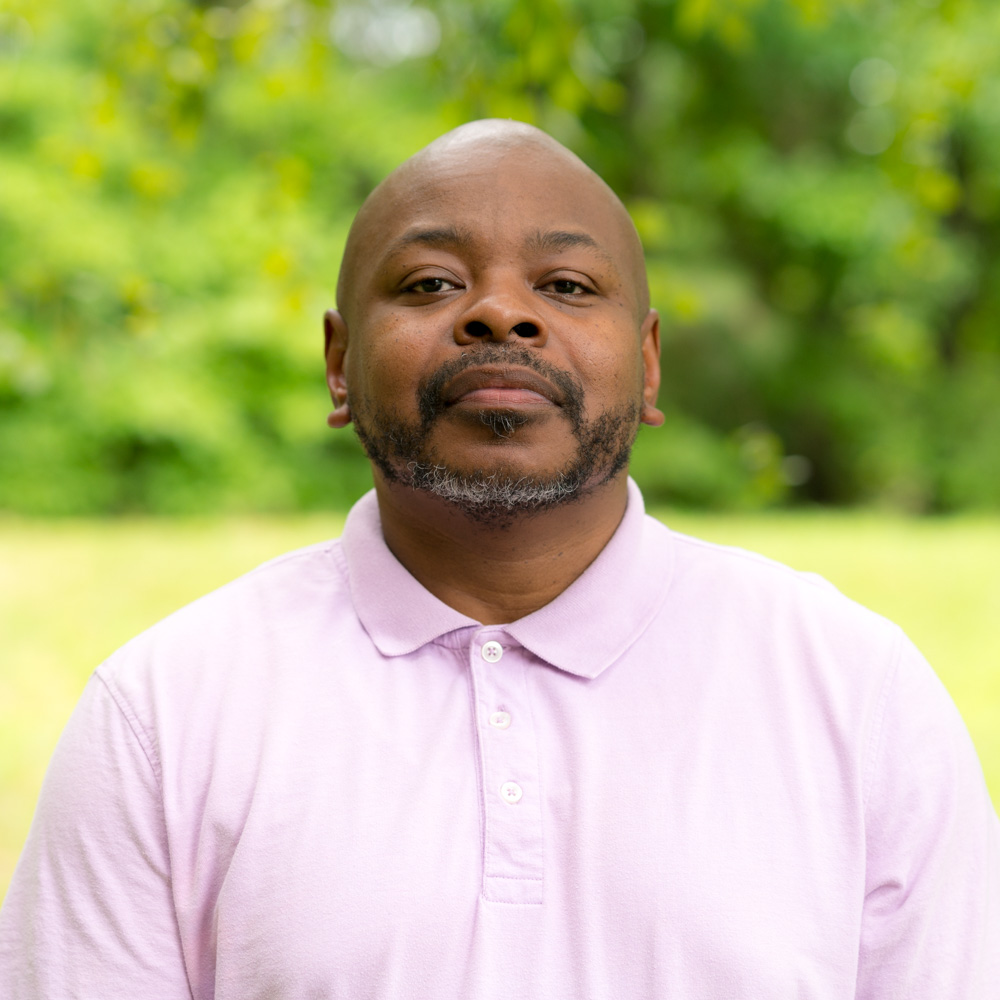
Call or Text: 984-328-5987 CARY, MORRISVILLE
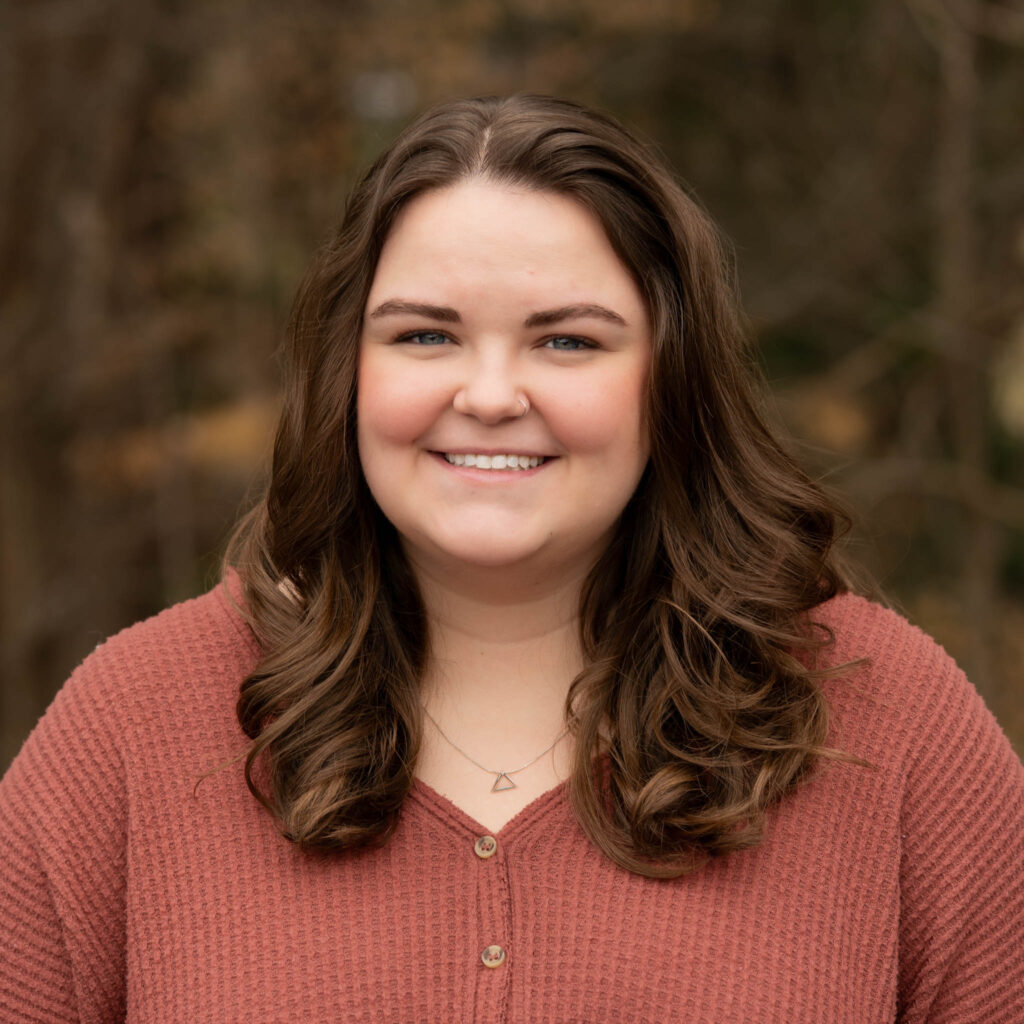
Call or Text: 984-204-6388 ext. 736, Raleigh

Call or Text: 984-208-2517, RALEIGH, WAKE FOREST

Call or Text: 984-204-6360, CARY, HOLLY SPRING

Call or Text: 984-789-5430, CARY & HOLLY SPRINGS

Call or Text: 984-833-2384, Cary

Call or Text: 984-204-6459, Raleigh, Wake Forest

Coping skills can include emotional regulation techniques, mindfulness practices, and lifestyle adjustments. They are often tailored to the individual, helping to address both the symptoms someone may be experiencing and the situations that trigger emotional responses. By introducing these tools, therapists work with clients to develop coping mechanisms that are not only reactive but also proactive, enabling them to manage stress before it escalates into a crisis.

Managing depression alone isn’t easy. Join our Raleigh depression therapists as they share proven tips on how you can experience relief from depression.

In an increasingly digitized world, even the most intimate aspects of our lives have found their way onto screens. Therapy, once confined to the therapist’s
Wake Counseling is to create and cultivate a community for individuals & families to feel accepted, start a healing journey, and thrive to achieve their full potentials.
Subscribe to get our latest content by email.
Success! Now check your email to confirm your subscription.
Privacy Policy | Terms of Service
Wake Counseling | 364 Raleigh St., Holly Springs NC 27540 | 919-647-4600 | info@wakecounseling.com